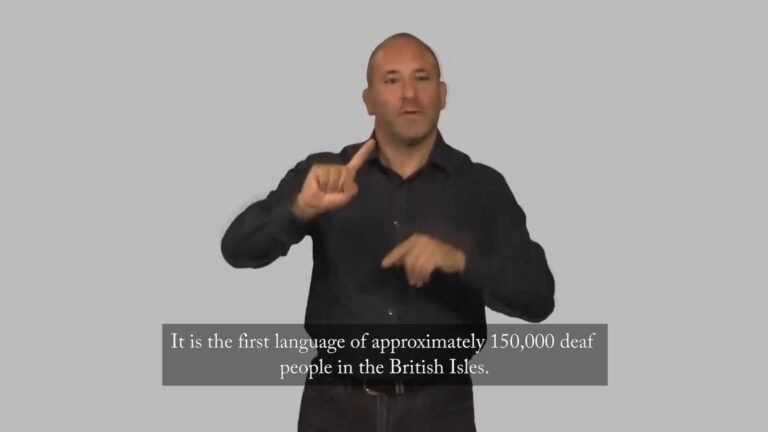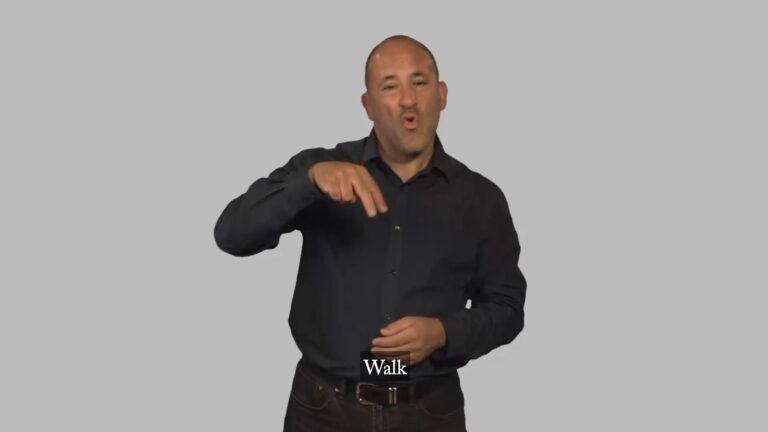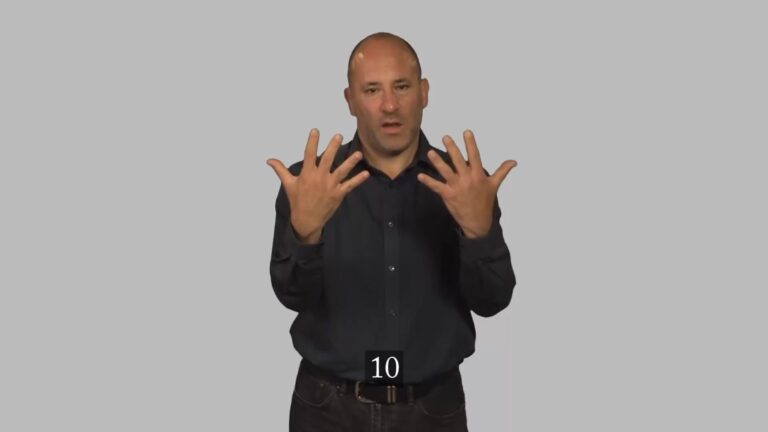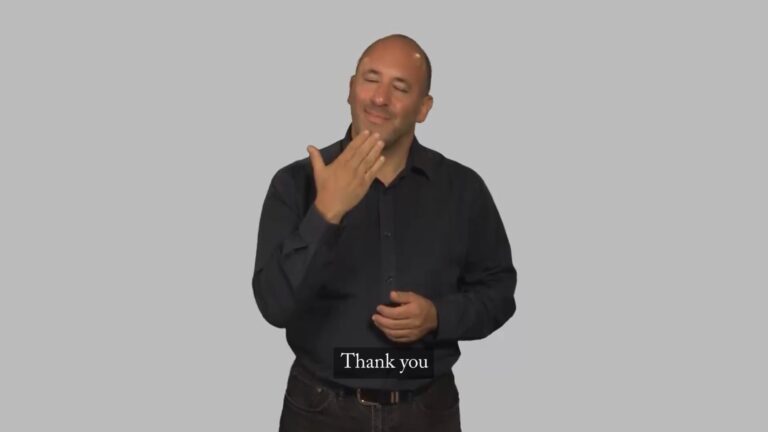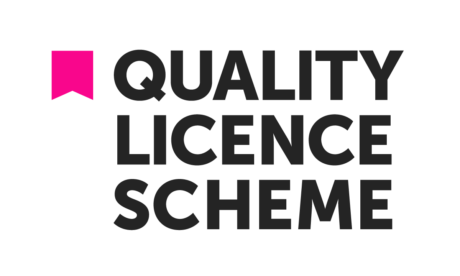
Course Library View the full range of courses
-
Accounting (92 courses)
- Xero Accounting and Bookkeeping Online
- Sage 50 Accounting & Payroll
- Project Finance
- Financial Modelling Training
- Tax Accounting
- Introduction to VAT
- Accounting and Finance Course for Managers
- Internal Compliance Auditor
- Financial Statement Analysis
- Payroll Administrator Level 3 Diploma
- View all Accounting courses
-
Language (58 courses)
- British Sign Language (BSL) Level 1 & 2
- Speech and Language Therapy Diploma
- TEFL (TESOL) Course
- English Spelling, Punctuation, and Grammar
- Child & Adult Speech & Language Disorders Training
- Teaching English as Foreign Language (TEFL) Certificate
- Mastering Spanish Language
- French Course for Beginners
- German Course for Beginners
- Body Language and Gesture Training
- View all Language courses
-
Teaching & Education (37 courses)
- Teaching Assistant Complete Course (TA, SEN, Autism, ADHD & Dyslexia) – CPD Certified
- EYFS Teaching Assistant Training Course
- Advanced Diploma in Coaching and Mentoring
- Level 3 Diploma in Teaching and Classroom Management
- Remote Teaching
- SENCO – Special Educational Needs Coordination
- Teaching English as Foreign Language (TEFL)
- Life Coaching
- Phonics Teaching Diploma
- View all Teaching & Education courses
-
Health and Social Care (135 courses)
- Health and Social Care Management
- Paediatric Nursing Assistant
- Mental Health Awareness Training
- Emergency Medicine – Paramedicine
- Level 3 Diploma in Adult Care
- Paediatric First Aid Training
- Safeguarding Children Level 3
- Level 3 Diploma in Anatomy and Physiology of Human Body
- Play Therapy
- The Care Certificate Preparation
- View all Health and Social Care courses
-
Management (346 courses)
- Office Admin, Secretarial and PA Diploma
- Estate Agent and Property Management Training
- Diploma in Data Analysis Fundamentals
- Advanced Diploma in Stress & Anxiety Management
- Good Manufacturing Practice (GMP)
- Property Development and Management Course
- Diploma in Hotel Management
- Supply Chain Management
- Quality Assurance (QA) Manager
- Compliance and Risk Management
- View all Management courses
-
IT & Software (117 courses)
- Coding with Python 3
- Search Engine Optimisation (SEO) Training
- Cyber Security
- Motion Graphics with After Effects
- CompTIA A+ Core 1 (220-1101) Course
- Machine Learning for Aspiring Data Scientists
- Next.js Web Dev: Master this Powerful React Framework
- Learn 2D Animation with Adobe Animate
- GDPR Challenges in Education
- View all IT & Software courses
-
Employability (862 courses)
- Office Administrator Skills
- Presentation Skills
- Legal Secretary and Office Skills
- Hospitality Management
- Estate Agent Diploma
- Hairdressing and Barbering
- Diploma in UK Employment Law
- Diploma in Data Analysis Fundamentals
- Building Surveyor Training
- Emotional Intelligence Training
- View all Employability courses
-
Personal Development (1332 courses)
- Productivity Habits
- Minute Taking Course
- Presentation Skills
- Excel: Top 50 Microsoft Excel Formulas in 50 Minutes!
- Critical Thinking and Problem Solving Skills
- Time Management
- Self Esteem and Confidence Building Course
- Essential IT Skills
- Legal Secretary and Office Skills
- Personality Development
- View all Personal Development courses
Course Curriculum
| Module 1: An Overview of Speech Therapy | |||
| An Overview of Speech Therapy | 00:09:00 | ||
| Module 2: The Science of Speech | |||
| The Science of Speech | 00:17:00 | ||
| Module 3: The Anatomy of Speech | |||
| The Anatomy of Speech | 00:58:00 | ||
| Module 4: Characteristics of Speech: Linguistic Disciplines | |||
| Characteristics of Speech Linguistic Disciplines | 00:21:00 | ||
| Module 5: Literacy & Language Development | |||
| Literacy and Language Development | 00:17:00 | ||
| Module 6: Child Speech & Language Disorders | |||
| Child Speech & Language Disorders | 00:24:00 | ||
| Module 7: Adult Speech & Language Disorders | |||
| Adult Speech & Language Disorders | 00:26:00 | ||
| Module 8: How to Help a Child with SL Difficulties | |||
| How to Help a Child with SL Difficulties | 00:25:00 | ||
| Mock Exam | |||
| Mock Exam – Speech and Language Therapy Diploma | 00:20:00 | ||
| Final Exam | |||
| Final Exam – Speech and Language Therapy Diploma | 00:20:00 | ||
| Assignment | |||
| Assignment – Speech and Language Therapy Diploma | 6 days, 14 hours | ||
| Recommended Materials | |||
| Workbook – Speech and Language Therapy Diploma | 1 week, 2 days | ||
| Order Your Certificate | |||
| Order your Certificate QLS | 00:00:00 | ||
Course Reviews
No Reviews found for this course.
Frequently asked questions
Can’t find the anwser you’re looking for ? Reach out to customer support team.
A Bachelor’s or Master’s degree in Speech-Language Pathology (SLP) or Communicative Sciences and Disorders is typically best for pursuing a career in speech therapy. These programs cover all necessary aspects of speech, language, and communication disorders and treatments.
The duration depends on the country and educational system. To become a licensed speech-language pathologist, it generally takes two years of a masters degree to complete following a four-year bachelor's degree.
This field, often called speech-language pathology, involves diagnosing and treating communication disorders, which include difficulties with speaking, understanding and producing language, voice, fluency, swallowing, and related disorders.
Speech and language training refers to the therapeutic methods and exercises used by speech-language pathologists to help individuals improve their communication abilities. This can include articulation therapy, language intervention activities, voice disorder therapy, and more.
Speech therapy typically focuses on the ability to produce sounds correctly and fluently, while language therapy deals more with the ability to understand and use language effectively, including grammar, vocabulary, and social aspects of communication.
A speech therapist, or speech-language pathologist, assesses, diagnoses, and treats speech, language, communication, and swallowing disorders in individuals of all ages. This includes helping to improve articulation, fluency, voice, reception and expression of language, and maintaining oral motor skills for eating and swallowing.
Speech therapy is formally known as Speech-Language Pathology.
The cost of therapy can vary widely depending on the region, the therapist’s qualifications, the setting (private practice, hospital, etc.), and the frequency and duration of the sessions. In some countries, these services are covered by public health systems or insurance.
To speak more clearly, practice speaking slowly, enunciate your words, use breathing techniques to control your speech, and strengthen your tongue and mouth muscles. Voice and articulation exercises can also be beneficial, and professional help from a speech therapist might be considered if significant improvement is needed.
The "points" needed can refer to the academic requirements for entering a degree program in speech-language pathology, which can vary significantly depending on the country and institution. It generally involves competitive entry based on academic grades or scores.
Speech therapists who specialise in certain areas, such as those working with neurogenic communication disorders, those in private practice, or those who serve in senior positions within healthcare organisations, tend to earn more. Geographic location also greatly affects salaries.




